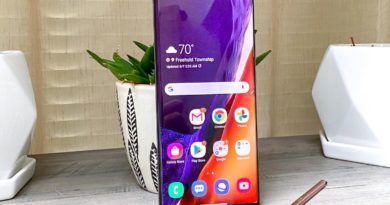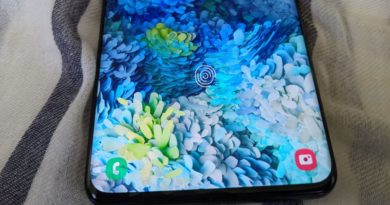Apple is paying $113 million to settle iPhone ‘Batterygate’
Apple is conceding in “Batterygate” and will pay $113 million to settle a lawsuit over its alleged practice of slowing down old iPhones to mask battery issues.
A coalition of 33 states pursued an investigation into the iPhone slowdowns and filed a complaint against Apple for deceptive practices that ultimately boosted sales of newer models. In the settlement, Apple agreed to the financial penalty and a legal commitment to be more transparent in the future.
The settlement with states is separate from the $500 million that Apple is paying directly to affected iPhone customers in the U.S. who filed a class-action lawsuit (about $25 per impacted iPhone). French regulators also fined Apple about $25 million for lack of transparency about the battery issues.
“Batterygate” began in 2017 when an iOS update on the iPhone 6, 7 and SE throttled chip speeds so that aging batteries wouldn’t cause the phones to power off. Apple did not disclose the throttling, however, and it only came to light when iPhone users noticed the slowdowns. A huge controversy erupted, forcing Apple to issue a rare apology and offer battery replacement discounts.
In their suit, the states accused Apple of providing “misleading information” about iOS updates and burying battery management info in technical notes. Arizona’s complaint also said that users felt compelled to buy new iPhones, boosting Apple’s sales figures.
“Big Tech must stop manipulating consumers and tell them the whole truth about their practices and products,” said Arizona Attorney General Mark Brnovich, who helped lead the investigation, in a statement. “I’m committed to holding these goliath technology companies to account if they conceal the truth from their users.”
Apple now allows iPhone users to manage their Battery Health and disable performance throttling. The iOS 13 update also added an Optimized Battery Charging feature, which aims to extend the battery’s lifespan. Apple added similar battery management features to macOS and watchOS.

